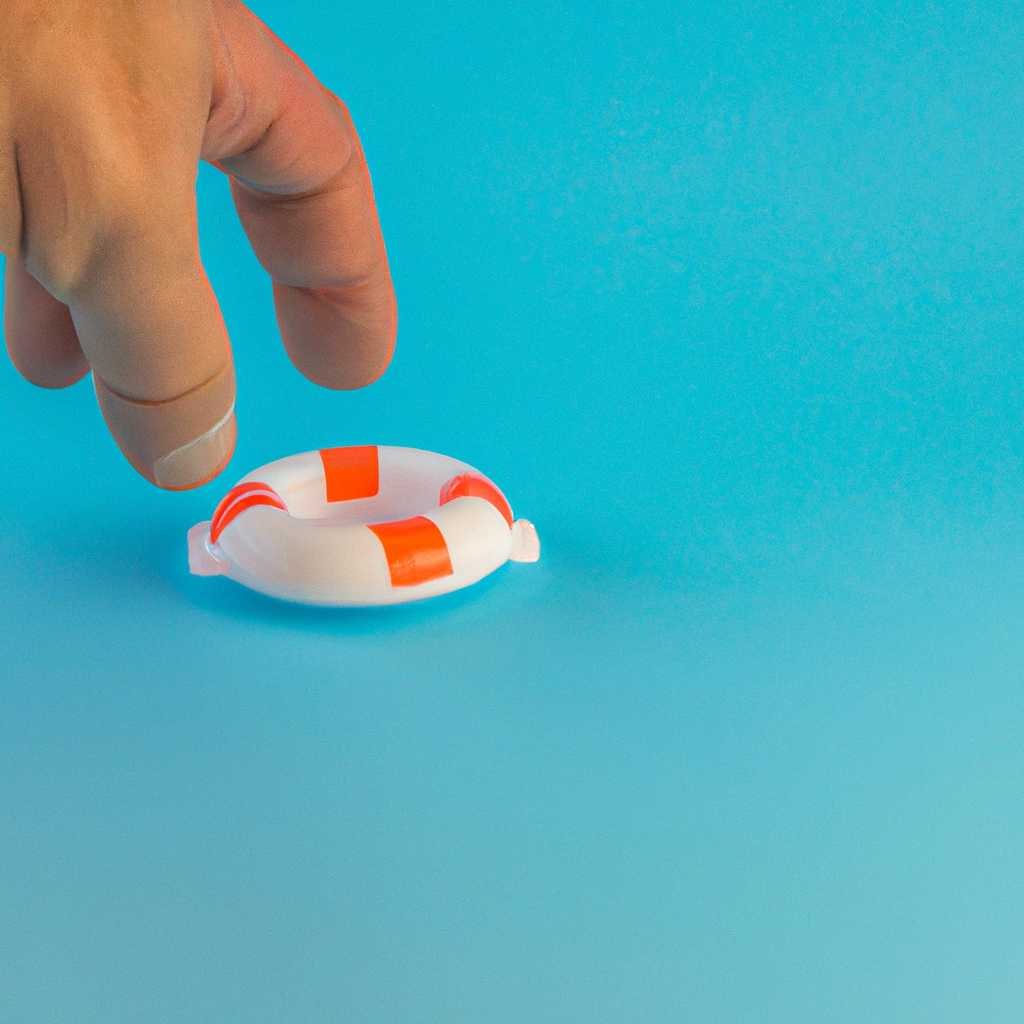Sailing Safely: A Complete Guide to Insurance for Nautical Activities

Nautical activities, whether recreational or professional, are an exciting way to interact with the water and explore the natural beauty that surrounds us. However, they can also present significant risks, from adverse weather conditions to accidents or equipment damage. For these reasons, having adequate insurance for nautical activities is essential. This article will provide a detailed overview of the different types of insurance available for nautical activities, the importance of having one, how to choose the best policy for your needs and finally, through practical cases, it will explain which aspects are covered and which are not. for these insurances. Let's delve into the fascinating and sometimes complex world of insurance for nautical activities.
- 1. "Types of insurance for nautical activities: recreational and professional navigation"
- 2. "Why is it important to have insurance for nautical activities?"
- 3. "How to choose the best insurance policy for your nautical activities"
- 4. "Practical cases: what insurance for nautical activities covers and what it does not cover"
1. "Types of insurance for nautical activities: recreational and professional navigation"
There are several types of insurance for nautical activities, both for recreational and professional navigation. Recreational boat insurance covers owners of boats and yachts for personal use against damage and loss of the boat, as well as civil liability for injuries or damage to third parties. For professionals, commercial boat insurance can provide coverage for a variety of risks associated with the operation of commercial vessels, including fishing, cargo transportation, and tourism. In addition, there are specific insurance policies for nautical activities such as diving, water skiing and other water sports, which cover both civil liability and possible accidents or damage to equipment.
2. "Why is it important to have insurance for nautical activities?"
Having insurance for nautical activities is vital due to the inherent risks that these activities present. Boating, whether for pleasure or sport, can expose people to a number of dangers, from adverse weather conditions to accidents and damage to equipment or boat. The possibility of incidents such as collisions, sinking, disappearances, storm damage or even personal injury are aspects that cannot be ignored. Insurance of this type offers financial protection against these unexpected risks, ensuring that, should an unfortunate event occur, the costs associated with repairs, replacements or medical expenses are covered. Additionally, in many places, having boat insurance is a legal requirement to operate boats. In short, having boating insurance not only provides peace of mind, it also protects your investment and can prevent devastating financial consequences.
3. "How to choose the best insurance policy for your nautical activities"
Choosing the best insurance policy for your nautical activities involves taking several aspects into consideration. First, it is essential to identify your specific needs as a boater and the characteristics of your boat. For example, do you do recreational or competitive activities? Is your boat small, medium or large? Do you sail in inland, coastal or international waters? Second, it is crucial to compare the coverages, premiums and deductibles of different insurers. To do this, you can use online comparison tools or go to an insurance broker specialized in the nautical sector. Third, it is advisable to review the insurer's reputation, its financial solvency and the quality of its customer service. Finally, don't forget to read the policy conditions carefully before signing it, paying special attention to the exclusions and limitations.
4. "Practical cases: what insurance for nautical activities covers and what it does not cover"
In practical terms, boating insurance can be of great help in a variety of situations. For example, if you are out on your sailboat and suddenly encounter unexpected damage to the hull due to a collision with a floating object, your insurance may cover the repair costs, as long as you have physical damage coverage. . Additionally, if someone is injured on your boat, liability coverage can protect you against bodily injury claims. However, it is important to note that there are certain situations that will not be covered. Generally, boating insurance will not cover intentional damage, damage resulting from lack of proper maintenance, or losses related to illegal activities. Additionally, if your boat is used for commercial purposes and not recreational purposes, a different type of insurance may also be required.
